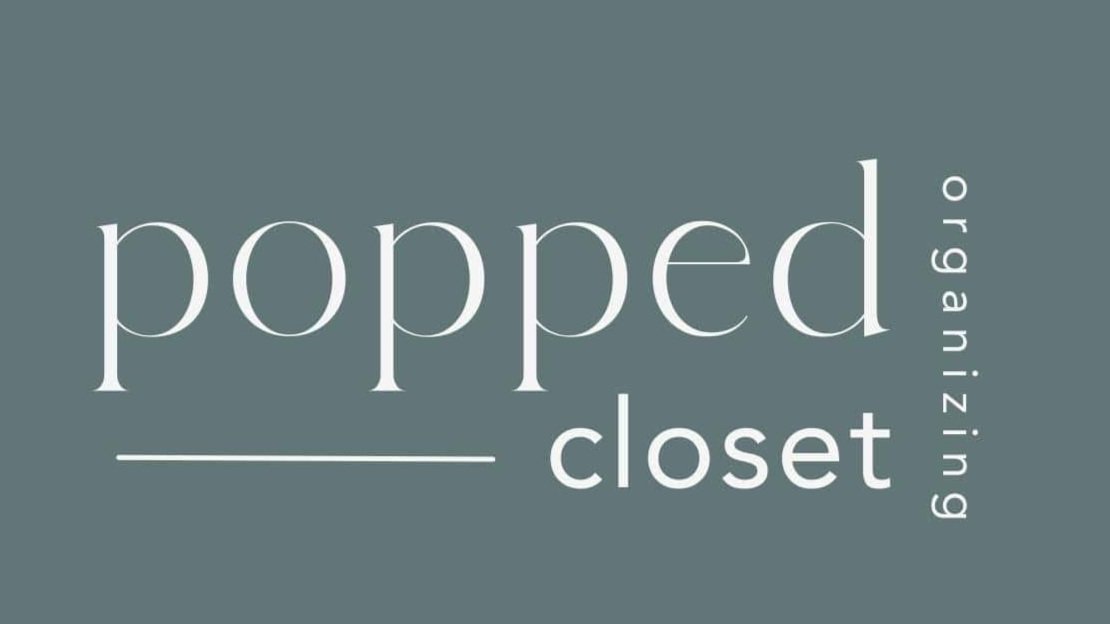Clutter and Mental Health
Do you look around your home and wonder how it got so full of stuff?
Do you struggle to find things you need? Or have an overflowing inbox that causes stress every time you open it?
After a year spent mostly at home we all know that our environment can impact our mood. If our surroundings stress us out, we feel the impact. Reducing the clutter in our lives—whether it’s physical, digital, or otherwise—allows us to tackle stressors head-on and that benefits our mental health.
Clutter can annoy us, distract us and take away much-needed energy. It can be physical (items in the junk drawer), digital (photos scattered across our mobile devices), or even emotional, such as beliefs that hold us back in life and make it difficult for us to function. Clutter can also cause feelings of stress, fatigue, and depression which can contribute to poor sleep, poor eating habits, and generally poor health, which increases anxiety and depression. It’s a vicious cycle.
4 ways that clutter negatively affects your mental health
It affects your mood - I know I’m not the only one who feels a little rage when toys are left out all over the house.
It makes you feel out of control- you feel like you’re floating through life, instead of making conscious decisions you accept what’s happening around you rather than deciding how you want to live.
It can produce cluttered thoughts, makes decision making and focus challenging- you get distracted easily, you struggle to come up with a plan.
It can lead to lower self-control and self-worth - the loss of control you feel in your space translates into all other areas of your life,
Remember, If it isn’t useful or doesn’t make you feel happy, it’s clutter, and even though it might seem like a daunting task—it can be tackled.
Organizing is not about buying coordinating storage bins, boxes, and shelves. Putting things in bins can be great, but It doesn't address the core issues you have with collecting or being unable to part with the items, which means you will just continue to add things to your bins, making them overflow with stuff. To make a difference in your home, you have to purge the clutter enough so that it is easy to assign places to every single one of your possessions.
So where do you start?
Start in one space and finish it completely before moving onto the next. It can be tricky because as you start you’ll find things that belong in another room, but focusing will help you finish one space will motivate you to keep going. If you find something that belongs in another room put it in that room and keep going with the first space. (You can find more tips for decluttering here). At the same time, habit changes such as washing and putting away dishes before you go to bed, putting laundry away as soon as it comes out of the dryer, or opening and dealing with your mail as soon as it comes inside will help you maintain your newly decluttered space.
Once you’ve eliminated clutter from your home you’ll reap these incredible benefits:
Feeling more freedom and joy in your home and life
A greater sense of calm and control
The removal of unnecessary stress
More energy for whatever is important to you
Increased ability to focus and process information
A clearer mind so you can make better decisions easily
Feeling empowered and hopeful
Check out the decluttering checklist below to help you get started
Happy Organizing
-Jocelyn




